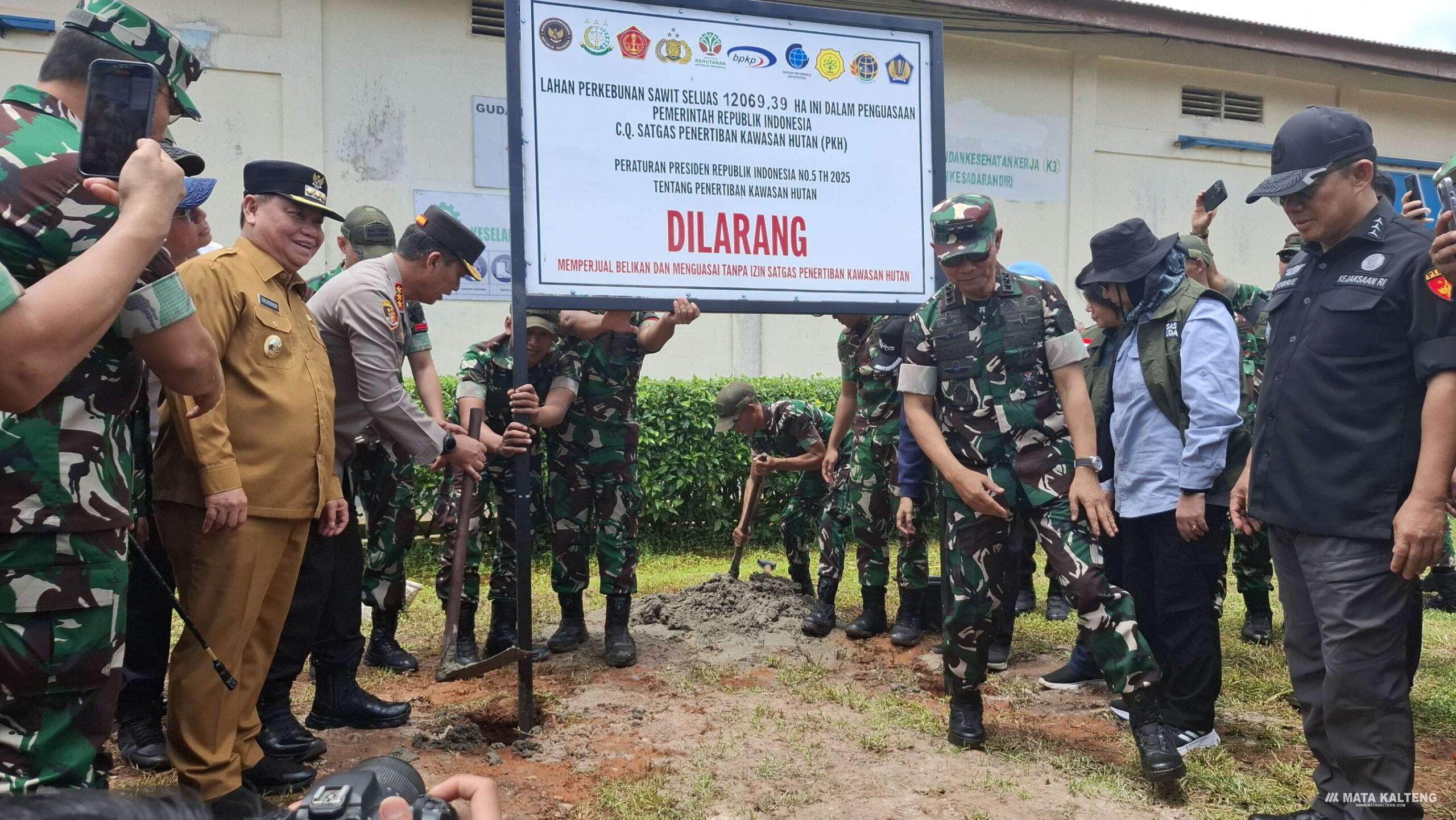Indonesia, home to the world’s third-largest rainforest, is once again facing a serious environmental and legal controversy. This time, it involves illegal palm oil plantations operating within protected forest areas, cloaked under disputed land permits, known as HGU (Hak Guna Usaha).
The latest investigations have revealed that several companies have been cultivating oil palms in regions legally designated as conservation forests. Naturally, this has sparked a storm of backlash from environmental groups, policymakers, and indigenous communities.
️ Understanding HGU: What Is It and Why Does It Matter?
To better understand the current conflict, one must first grasp the concept of HGU. Hak Guna Usaha is an official business-use permit issued by the Indonesian government. It allows corporations to manage agricultural land—legally—typically for up to 35 years.
However, trouble arises when these licenses overlap with forest zones. In many recent cases, companies have used old or questionable permits to justify clearing forest land for palm oil cultivation. Consequently, this has blurred the lines between legal and illegal practices.
The Controversy: Illegal Plantations Hidden Behind Legal Papers
Recent reports from the Ministry of Environment and Forestry indicate that tens of thousands of hectares of forest have been illegally converted into oil palm plantations. Shockingly, some of these plantations continue to operate openly, claiming to possess valid HGUs.
Environmental watchdogs argue that certain permits were either obtained under false pretenses or never updated in accordance with zoning laws. Moreover, many of these estates lack environmental impact assessments, making their operations doubly unlawful.
Environmental & Social Impact: More Than Just Trees Lost
Beyond the legal chaos, the environmental toll is severe. The rapid deforestation caused by illegal plantations has disrupted wildlife habitats, increased greenhouse gas emissions, and heightened the risk of forest fires.
Worse still, indigenous communities that have lived on these lands for generations are now being displaced. Many have filed complaints, asserting that their customary land rights were ignored during the issuance of these HGUs.
In response, civil society organizations are urging the government to conduct a nationwide HGU audit, cancel illegal licenses, and restore forest land.
What’s Next? Government Under Pressure to Act
Facing mounting pressure, the Indonesian government has promised tighter regulations. The Ministry of Agrarian Affairs has announced a plan to review and potentially revoke HGUs that conflict with forest protection laws.
Meanwhile, environmental groups are calling for increased transparency in land permit processes. There is also a push for stronger enforcement mechanisms to prevent companies from exploiting legal loopholes.
